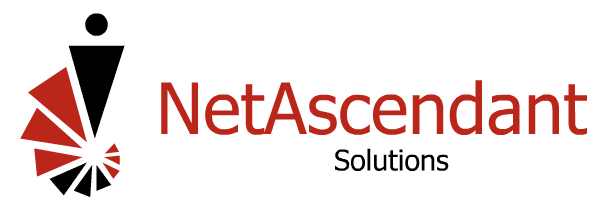7 Tips for Preventing Ransomware
Ransomware attacks surged to record levels in 2023, more than doubling the previous year’s total, according to a recent Vanson Bourne survey. Although a variety of technologies can help minimize the threat, a vigilant and educated workforce remains an essential component of ransomware prevention efforts.
Since ransomware often infiltrates systems through deceptive emails or social engineering tactics, employees represent a critical first line of defense. Employees who are well-informed about cybersecurity best practices can promptly identify suspicious activities, report potential threats, and contribute to the overall resilience of the organization’s digital infrastructure.
Here are some of the ways you can improve your company’s ransomware defenses:
Conduct regular backups. Regularly back up your files to an external drive or a secure cloud service. Automate the backup process so that you don’t have to remember to do it, and regularly test the restoration process to verify that you can recover your files.
Update software and systems. Cyber criminals often exploit vulnerabilities in outdated software. Keep your operating system, antivirus programs and all applications up-to-date. Enable automatic updates when possible to ensure timely protection against emerging threats.
Stay informed. Don’t assume cybersecurity is someone else’s job. Stay informed about the latest threats and follow safe online practices. Learn how to recognize phishing emails, malicious websites, and suspicious links.
Be wary of email. Ransomware often infiltrates systems through phishing emails. Be cautious when opening attachments or clicking on links, especially if the email seems suspicious. Verify the sender’s identity before interacting with any email content.
Report suspicious activity. Report any suspicious emails, messages, or activities to the IT department. Quick reporting can help in the early detection and containment of potential threats.
Be cautious when working remotely. Remote workers should never use public Wi-Fi networks when connecting with the corporate network. Hackers often mimic the names of legitimate public networks or create rogue access points to hijack a session and steal credentials or launch malware.
Practice good password hygiene. Create unique passwords for each account and use a combination of uppercase and lowercase letters, numbers, and special characters.

